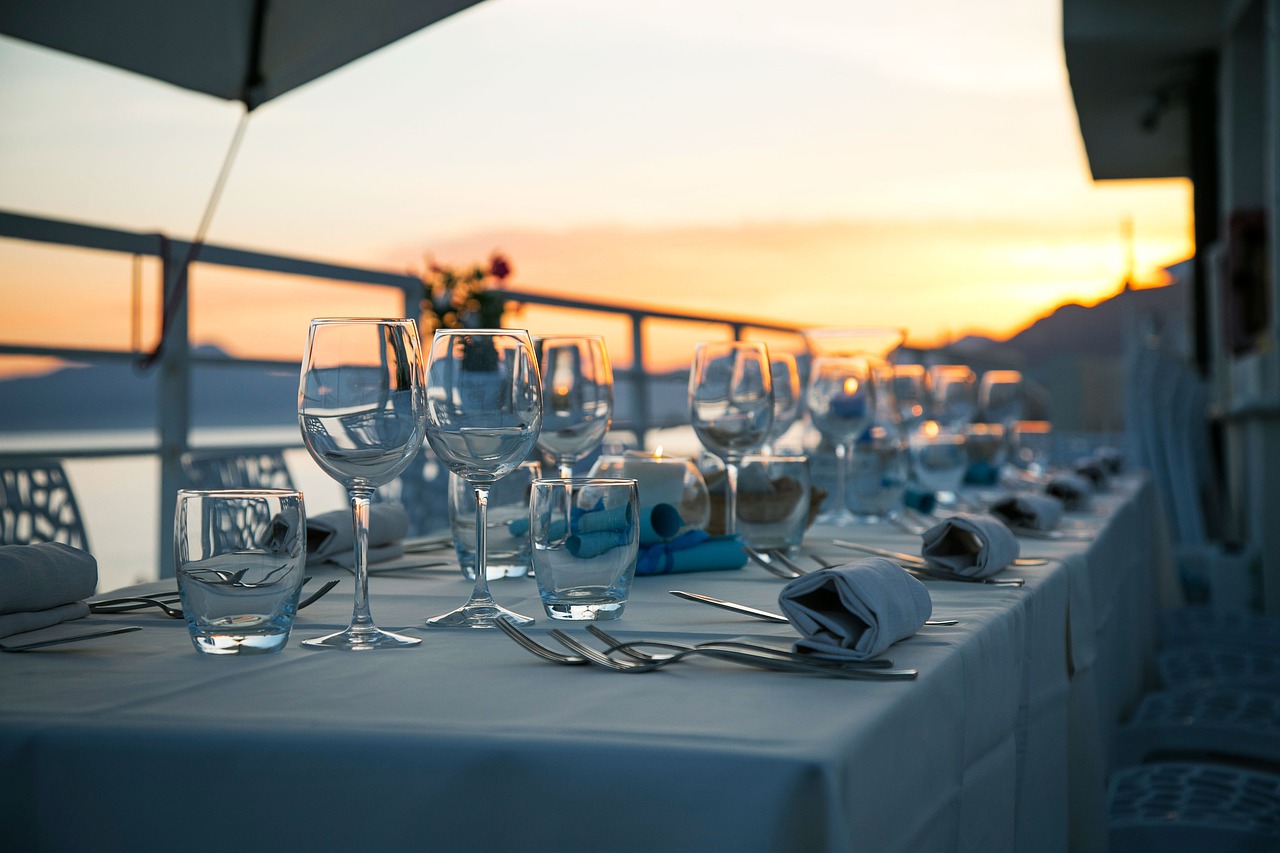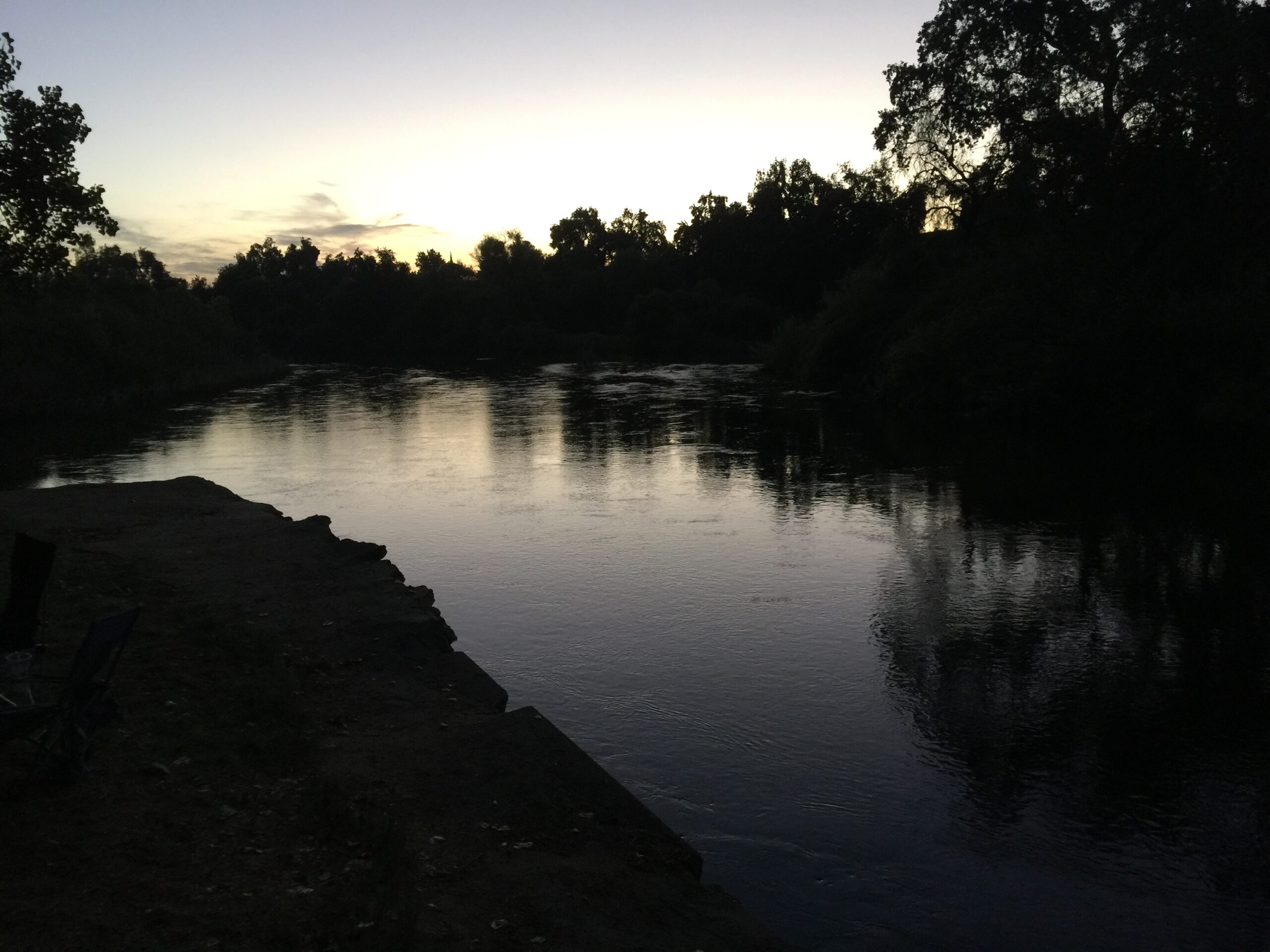
Family, Friends, Community
May 14, 2022
Thanks to all of you who read my last post on my son Sean. I keep track of how many people open each of my weekly posts, and the readership about Sean crushed everything else I’ve ever written. Your comments and emails were powerful and comforting. As good as it felt to write about it, […]
Blue Zones / Dan Buettner / family dinner / Sean Matthews

Is Retirement the Life for Me? (Part 2)
April 23, 2022
First of all, thank to all of you who read and commented on my last post via Facebook, Twitter, and the Blog Site. I love the conversation and I appreciate the wisdom even more. This is Post #2 of Evaluating my Quasi-Retired Life using Dan Buettner’s Blue Zones research. As a reminder, the nine Blue […]
Ben Dale / Blue Zones / Dan Buettner / Fear of Retirement / Purpose / retirement

